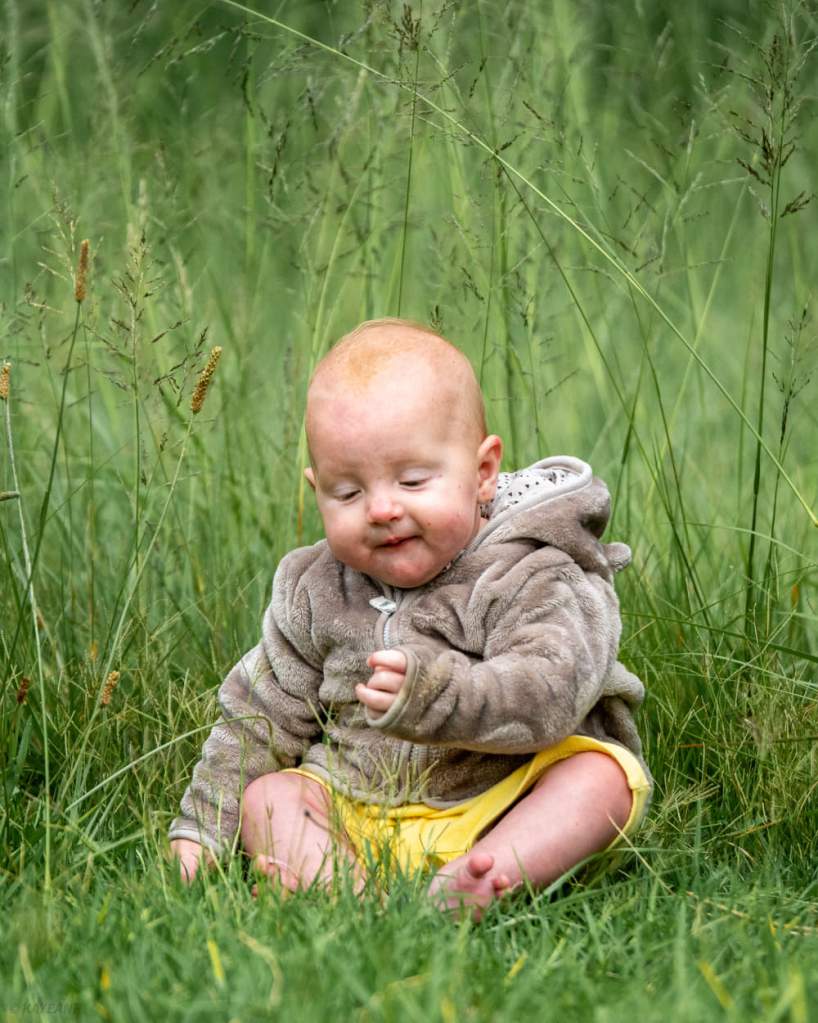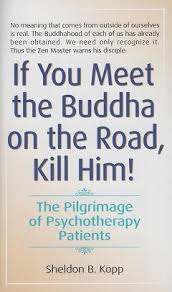Gentleness is strength, though toxic masculinity may not think so
\An article in the Huffpost recently drew attention to Trump's (always tactful) assertion that gentleness or sensitivity is a weakness. Trump didn't exactly say this. Instead, he called a man who had not bought into toxic hypermasculinity a 'pussy'. Toxic masulinity will always see sensitivity or compassion as weakness. I see it as a strong and very willful choice which breaks down forced masculinity and boring gender binaries. I first began thinking about gentleness as strength when my older daughter, Danny, was very young. Danny is highly sensitive and very compassionate. She will notice a great deal and respond with concern. Danny is the one who will reach out to outsiders, the one who will always lend a hand. Her compassion has been valued by many. It's helped her advance in her career. But it hasn't always been treated with respect.

Eileen Aaron, who wrote The Highly Sensitive Child, showed me how to trust Danny's insights and how to encourage her to develop self care by noticing how much she could manage at any one time. As a parent, I learned the importance of acknowledging her. As a parent I really enjoyed Danny's gentleness. My partner, Jacques, is also a very gentle person. It's something I appreciate about him. His kindness is sometimes astonishing. As a second time parent, I also notice sensitivity and gentleness in Ava, my beautiful baby. Ava will hold plants gently and stroke their leaves rather than trying to pull flowers off their stalks. Like Danny, she notices a great many things. She'll point to the worms she's seen Jacques feeding, or the old enamel kettle he's been using to water his seedlings.

Gentleness has value
With three very sensitive family members, I have truly come to value gentleness. When I looked this quality up on the internet, I noticed quite a bit of information on kindness. Danny and Jacques are both incredibly kind. They are also both very strong. Danny is persistent, determined and very bounded. As gentle as she is, she won't let people push her around.
Jacques has an incredible strength and compassion which enables him to see the other side of many interactions. Like Danny, he will keep trying no matter how many struggles he's been through. I am hoping Ava will have his strength and determination.
I'm always surprised when people point out how strong both Danny and Jacques are, and use the word 'but' within the sentence. "Danny is gentle but she is very strong." Or "Jacques is very gentle but he's a strong person." It's as though kindness and gentleness are equated with naivety or a lack of assertion instead of compassion. And yet, what I've noticed within both Jacques and Danny is the will to make a difference, to approach a situation with compassion, or to treat another person with dignity.
Compassion is an act of will
When I look at my two very gentle family members, I'm reminded of Rollo May's work Love and Will. Rollo May discusses the act of caring, or tending towards, as an act of willfulness. Unlike an all accepting, hippie style love, compassion or care takes action. Rollo May saw love as different to sentiment. He compared sentiment to feeling without a deeper awareness, giving the example of ladies crying in the theatre while the coachman shivered outside in the cold. Compassion involves reaching out, giving, caring and connecting. Sometimes it means negotiating and re-negotiating throughout the process.
I've noticed though that people who take advantage of gentleness eventually end up losing it. Both Danny and Jacques will put in boundaries when people push too far, becoming too demanding or generally make them feel uncomfortable. They will understand more than most but will eventually give up if another person keeps taking more than they will give. I think it is sometimes those people who perceive gentleness to be weakness who believe they can push too far. It's those people who eventually get to know the boundaries which have always been in place.

Gentleness has never been a weakness. Kindness is a choice rather than a default position. It's a choice I cherish. I've been rewarded with so much compassion and care from both Danny and Jacques. Their kindness has been one of the greatest gifts. Both will reach out again and again. But they do it through choice. It's a choice which takes strength and one which, if not valued, will eventually be withdrawn.
While Trump might hold forthright that gentleness is a weakness and toxic aggression is strength, he was eventually voted out. His aggression may have appealed to some, but thankfully not the majority.
Labels: compassion, gender norms, gentleness, psychology, Rollo May, Toxic Masculinity


